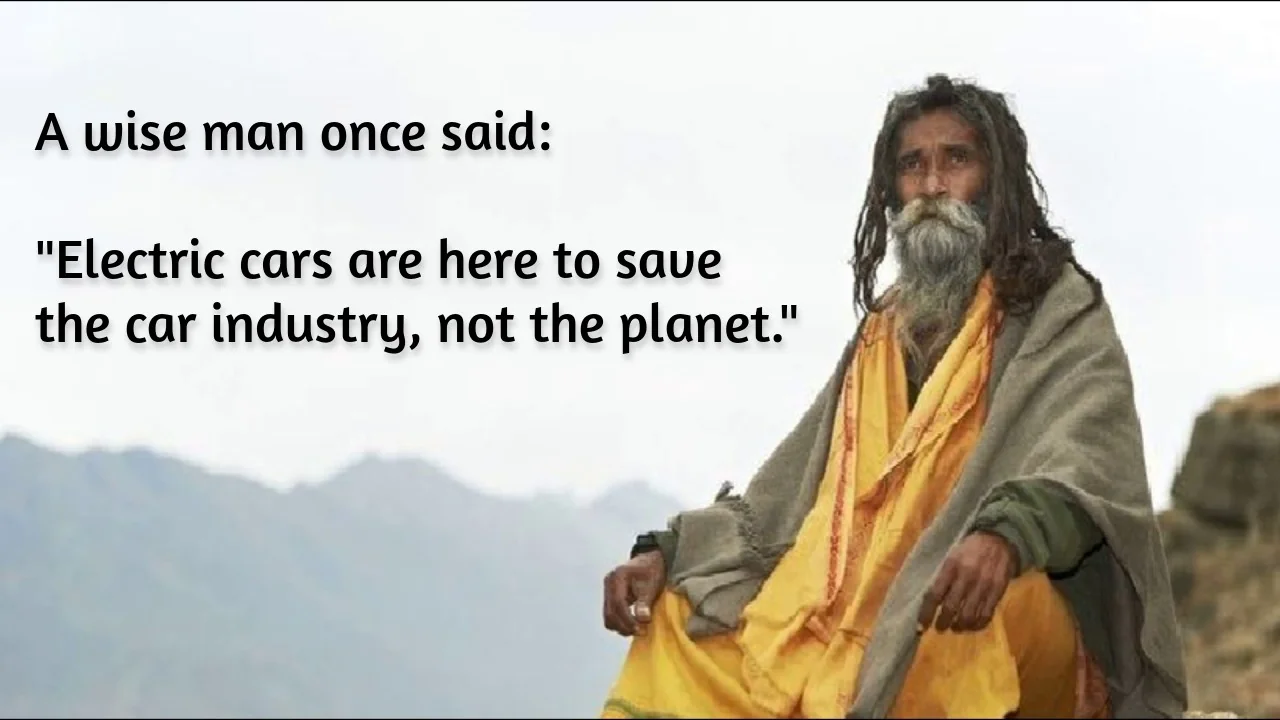Fuck Cars
A place to discuss problems of car centric infrastructure or how it hurts us all. Let's explore the bad world of Cars!
Rules
1. Be Civil
You may not agree on ideas, but please do not be needlessly rude or insulting to other people in this community.
2. No hate speech
Don't discriminate or disparage people on the basis of sex, gender, race, ethnicity, nationality, religion, or sexuality.
3. Don't harass people
Don't follow people you disagree with into multiple threads or into PMs to insult, disparage, or otherwise attack them. And certainly don't doxx any non-public figures.
4. Stay on topic
This community is about cars, their externalities in society, car-dependency, and solutions to these.
5. No reposts
Do not repost content that has already been posted in this community.
Moderator discretion will be used to judge reports with regard to the above rules.
Posting Guidelines
In the absence of a flair system on lemmy yet, let’s try to make it easier to scan through posts by type in here by using tags:
- [meta] for discussions/suggestions about this community itself
- [article] for news articles
- [blog] for any blog-style content
- [video] for video resources
- [academic] for academic studies and sources
- [discussion] for text post questions, rants, and/or discussions
- [meme] for memes
- [image] for any non-meme images
- [misc] for anything that doesn’t fall cleanly into any of the other categories
Recommended communities:
view the rest of the comments

I'm in Europe, not in the US. You are very fortunate to be living in a way that doesn't require a car. That's not the case for most people. Here, we have a lot of smaller towns and ignoring backeries, they have zero places that sell food. I see a lot of elderly people commute by bus for daily grocery shopping. But in this heat, they are in serious danger spending that much time in barely climate controlled busses and trains. Mostly, somebody from their families swings by once a week to fill up their fridge. The most common scenario is a family, both adults working 9-5, 1-2 children school aged. With children and jobs most people don't have the time to do daily grocery trips. That's why shops are usually overfilled on Friday evenings and Satruday mornings (I worked those shifts in retail). From my experience growing up, a full week of groceries for a mid sized family is impossible to carry by hand. Also from my experience, public transport is a godsend if you live alone and are tight on money. It takes the burden of maintanig a vehicle of your back. But in a family or a close circle of friends, a car is usually a communal workhorse, used by everyone for everything to avoid the hassle of public transport.
i agree with everything you said, but i do have to say that the problem with Europe isn't proving that public transport isn't that good(i know that's not what you're saying but I can't think of any other way of wording it rn), but rather than the city planning is... unfortunate
Yes, that's what I'm trying to say. In r/fuckcars and also here the term "car centric" and "pedestrian centric" cities is thrown around a lot. Europe is often praised for being build before cars were invented and is therefore naturally friendlier towards pedestrians. But it's not like busses are hovering above the buildings, they are as much car as an SUV, even bigger and bulkier. They have to squish themselves around tight corners. Whole roads get turned into one way streets because a new bus line was opened and now a bus and a car wouldn't be able to pass each other in this medival inner city alley. Public transport requires infrastructure, which means property has to be acquired. One douche not wanting to sell his shed to the city, can grind a whole project into halt. Even if the government took extensive action to invest into public transport, there's only so much they can do. And theres a long line of burrocracy between cause and effect.
In my city at least, I've never experienced the government trying to cull the public transport, there's been a steady improvement over the past 15 years. New lines, Better busses (also electric ones) have been added. Busses have their own traffic lights to give them time to de- and accelerate. But the city is literary at its capacity. It has reached the point of diminishing returns for public transport.